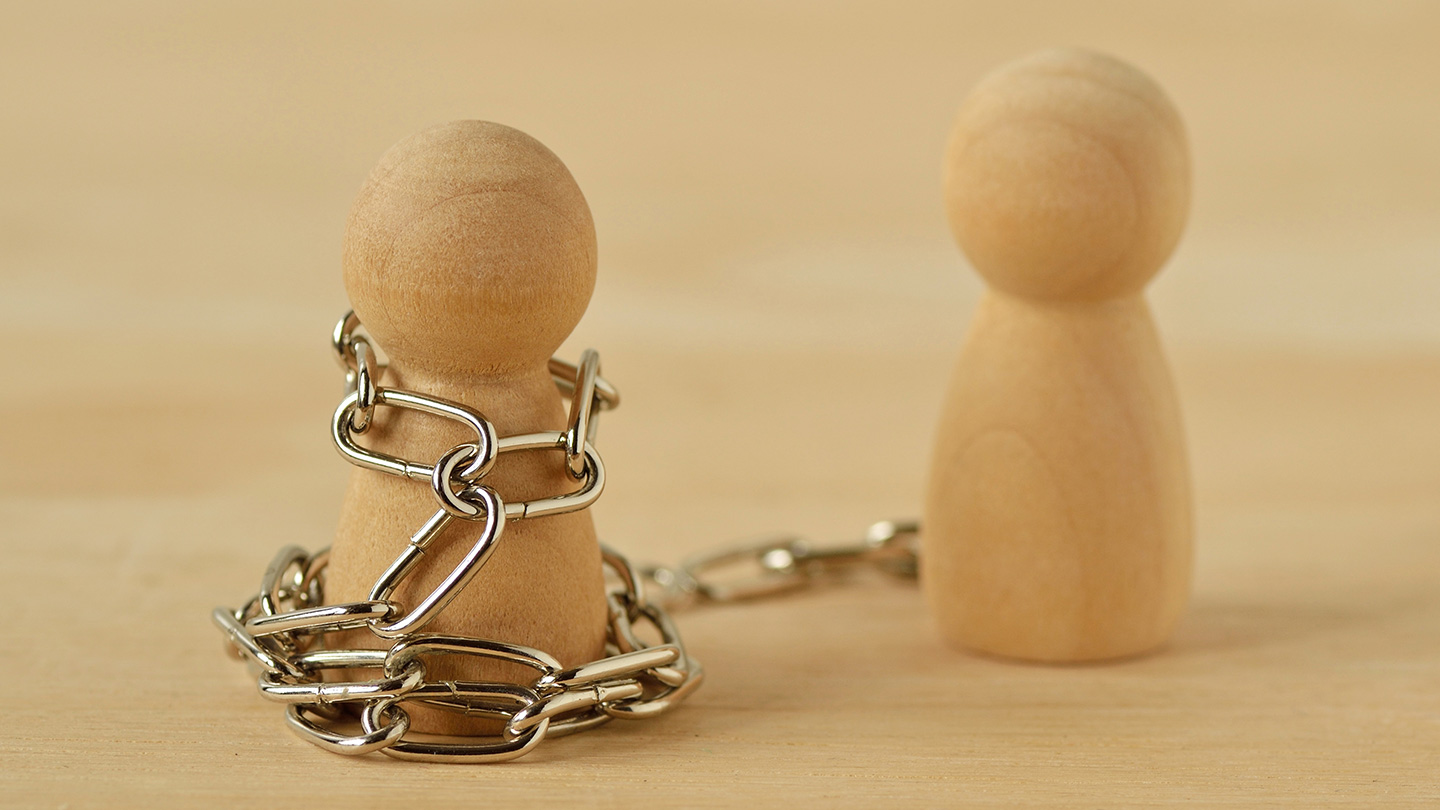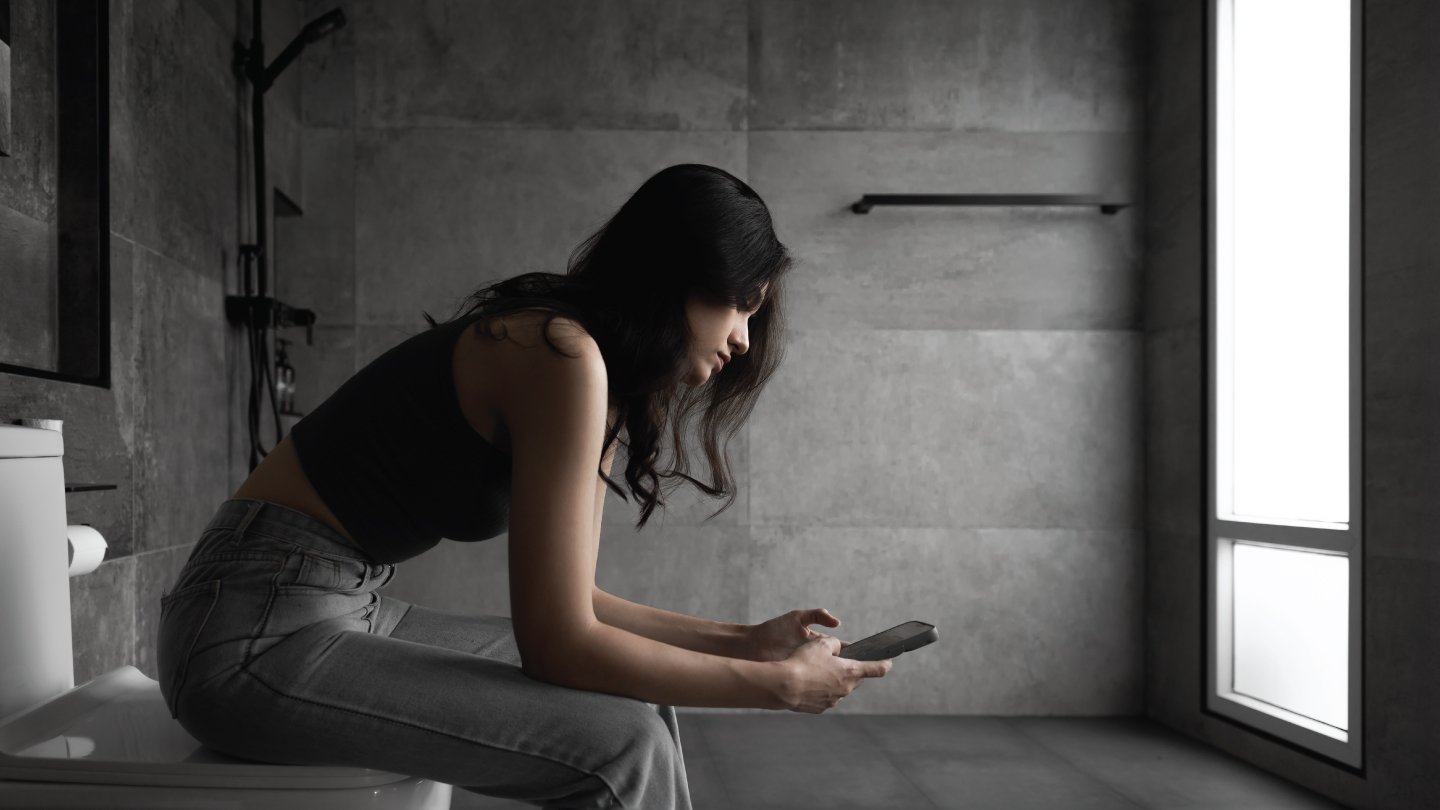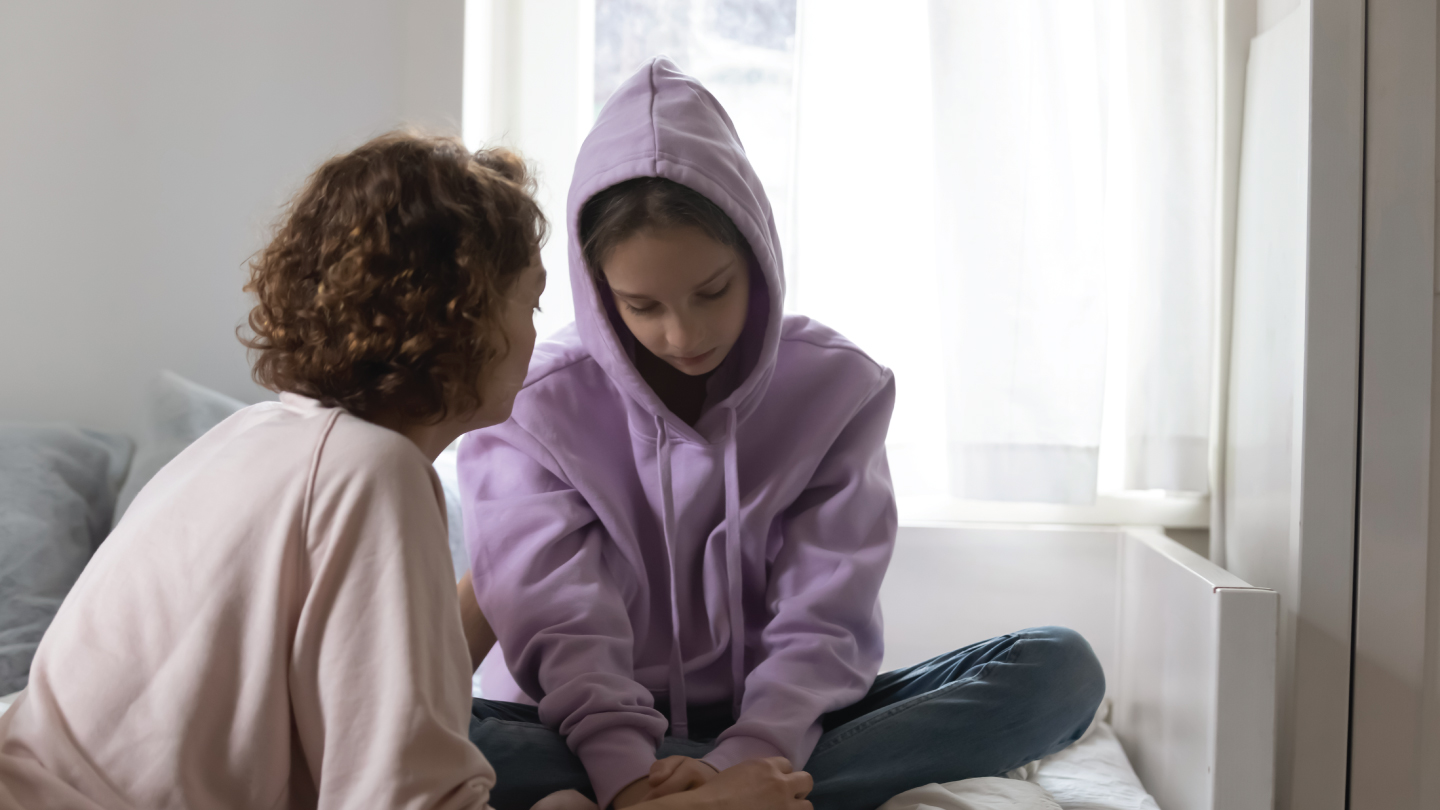Mental Health
Trauma Bonding Isn’t As Positive As You Think
It might feel like a deep connection, but trauma bonding is often a toxic loop disguised as love. Discover how shared pain can create emotional traps, why chaos can be mistaken for intimacy, and what it takes to break free.

“You don’t get it,” my friend tells me, “He’s the only one who has ever understood me. I mean, really seen me.” We were sitting on her balcony, the Mumbai traffic humming in the background. She was talking about her on-again-off-again partner, a guy who had ghosted her during a mental health crisis, only to come back weeks later with grand apologies and late-night calls.
I didn’t know how to tell her what I’d slowly realised over the years: This wasn’t love. This was trauma bonding. Ever heard of it? Most people haven’t, at least not in the way psychologists define it. It sounds like a closeness forged through shared pain, right? Like soldiers who’ve been through the same battles, or friends who’ve survived the same storm. But trauma bonding is something else entirely. And trust me, it’s not as positive or poetic as it might sound.
Related Story: Signs of A Toxic Relationship
So, what is Trauma Bonding?
Trauma bonding occurs when intense emotional experiences, especially involving abuse, fear, or manipulation, create a powerful attachment to the person causing the harm. The term was first coined by Dr. Patrick Carnes in the context of abusive relationships. It’s a psychological trap and not a soulmate connection.
Think about it. Have you ever seen someone defend a partner who constantly lies or puts them down? Have you ever heard someone say, “Yes, they hurt me, but they also know what I’ve been through”? That’s the bond speaking, not logic. As I reflected on it, I realised this cycle mirrors the pattern of addiction. The victim keeps returning to the abuser, seeking that high of reconciliation after the low of conflict. Sounds familiar?
Related Story: Helping Children Heal From Trauma
Real Talk: “But We’ve Both Been Through So Much”
I once met a couple during a mental health awareness workshop who said something that stuck with me. The girl, in her mid-20s, said: “We trauma-bonded over our depression and anxiety. We were each other’s lifelines. But eventually, I felt like we were drowning each other instead of swimming out.” It was raw. Honest. And true for so many.
Trauma bonding often masquerades as “deep understanding” or “soul-level connection.” But it’s not mutual healing, it’s codependency dressed up in matching battle scars. You might feel like only they can understand you because of the pain you’ve shared. But here’s the catch: That very pain can become a prison.
Related story: Overcoming Emotional Abuse in a Relationship
The Science Behind The Bond
In an eye-opening 2018 article in The Journal of Trauma & Dissociation, researchers found that individuals who faced early childhood adversity are especially prone to forming strong trauma bonds. Basically, if your emotional blueprint was shaped by unstable or unsafe relationships growing up, you’re more likely to confuse chaos with connection as an adult.
One of my friends who is pursuing psychology described it as: “It’s like being stuck in a loop. You know it’s not good, but you crave validation. When they say sorry, you feel whole again, until the next storm.” It’s heartbreaking. And it’s more common than you think.
Related story: Trauma is Hereditary, Says Study
Why Does It Feel Like Love?
Here’s a metaphor: imagine you’re starving. Someone hands you scraps, and suddenly, they’re your saviour. Trauma bonding works similarly. If someone intermittently gives you love, comfort, or validation after harming you, it feels more intense than consistent, stable affection ever could. Dr. Judith Herman (Harvard Medical School), in her seminal work Trauma and Recovery (1992), described this as a “betrayal bond”, a wrapped loyalty that forms when the abused believes escape is impossible.
It’s not that people in trauma bonds are “weak” or “foolish.” On the contrary, they’re often resilient, empathetic, and hopeful. They believe in redemption. But sometimes, that belief keeps them tethered to toxic cycles.
Related story: Signs You Are Sabotaging Your Relationship
But Isn’t Shared Pain A Way To Connect?
Yes and no. There’s a difference between shared vulnerability and trauma bonding. The former says, “I see your pain, and I’ll walk with you as we heal.” The latter says, “Our pain is the reason we stay, even when it hurts us more.” The line between the two is blurry, but real healing relationships prioritise safety, growth, and accountability, not chaos and apology loops.
How To Spot It And Stop It
Ask yourself:
- Do I feel anxious or unsafe more often than I feel loved?
- Do I find myself excusing harmful behaviour because of their past?
- Am I scared to leave because I think I won’t survive without them?
Related story: How to Be A Supportive Partner
If the answer is yes, it might be time to rethink what love looks like. Talk to a therapist. Confide in a friend. Even journaling your emotional patterns can help break the cycle.
If you’ve ever been in a trauma bond, please know it doesn’t make you naive or broken. It makes you human. We’re wired to seek connection, even when it hurts. But the good news? We’re also wired for healing. You deserve the love that is calm, not chaotic. One that feels like a steady heartbeat, not a thunderstorm.
So next time someone says, “We’ve been through so much together,” ask yourself: Yes, but are we growing or just surviving?
Better relationships, effortless conversations, and stronger connections—find the key to your true potential. Sign up.
EXPLORE MORE
The way we travel to work shapes our mood, stress response, and even long-term brain health. Explore how daily commute stress impacts your mental health.
The need for solitude and emotional regulation has made people adopt a quirky yet telling Gen Z self-care ritual, known as Bathroom Camping!
Society often calls them “too emotional.” Dr. Sandeep Vohra explains that high sensitivity is a biological trait, and with it can come both remarkable strengths and mental-health vulnerabilities.
Hollywood thrillers have given us a caricature of split personalities. Psychiatrist Dr. Sandeep Vohra says the reality of Dissociative Identity Disorder is common, complex, and far more human.








.jpg)



